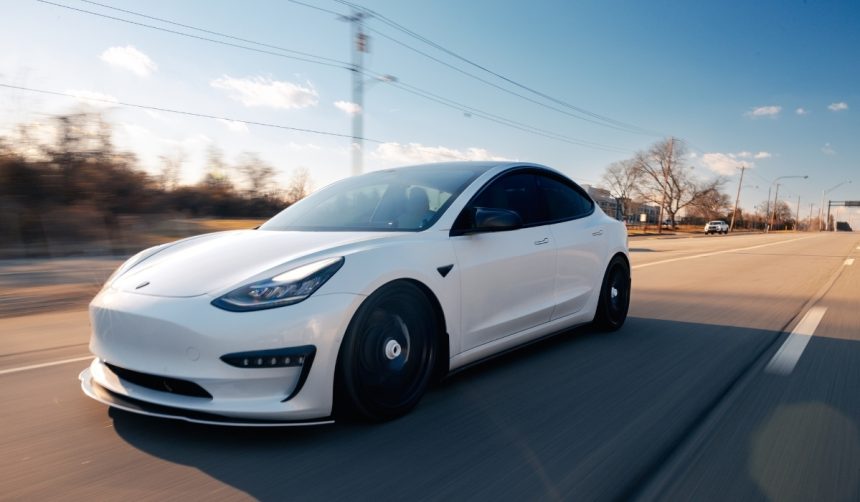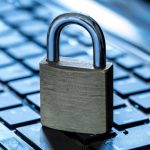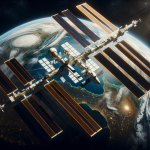Tesla is advancing its autonomous ride-hailing efforts by seeking certification for its Robotaxi service in Arizona. Conversations with Arizona’s transportation authorities highlight the company’s aim to broaden its mobility footprint beyond its current operational sites. With pilot programs already underway in Austin using Tesla Model Y vehicles, and upcoming expansions anticipated for the San Francisco Bay Area, the company is actively working to align regulatory frameworks with its technology roadmap. This move is interpreted as another step in the ongoing efforts by Tesla to solidify its presence within the competitive driverless vehicle sector. Recent sightings of the new Cybercab’s test parts in Texas underscore the company’s continued development of a dedicated vehicle for Robotaxi services.
Discussions about Tesla’s push for autonomous ride-hailing are not new; coverage in previous months detailed rollouts constrained to limited employee rides and required a safety driver present in test vehicles. Earlier testing in California centered on securing a charter-party carrier permit, with operational limitations to ensure regulatory compliance before opening to the broader public. Compared to these cautious initial stages, Tesla’s newly reported interest in beginning Arizona operations signals a growing confidence and a wider strategic approach to gaining approvals and launching in multiple states.
Pilot Program Expansion in Texas
Tesla’s pilot ride-hailing service first appeared in Austin on June 22, utilizing a small number of Model Y cars, each monitored by an on-board employee. CEO Elon Musk discussed scaling up the number of test vehicles in the area to roughly 1,000 units in the coming months. The pilot program is being closely watched for both technical performance and adaptability to regulatory expectations.
Next Steps for Arizona Certification
The Arizona Department of Transportation has confirmed that Tesla has requested to start the certification process for driverless ride-sharing offerings. This formal outreach may pave the way for Tesla’s Robotaxi services to operate in the state once regulatory hurdles are cleared.
“The outreach suggests Tesla is serious about expanding its driverless Robotaxi service to several territories in the coming months,”
a transportation official remarked.
What Does the Cybercab Bring to the Service?
The upcoming Cybercab, a two-seater with a steering-wheel-free design, marks a departure from current test vehicles. Production of the new model is expected to accelerate at the Giga Texas facility, as indicated by recent component sightings, with volume manufacturing anticipated to commence the following year. This vehicle is tailored specifically for autonomous ride-hailing, aiming to integrate seamlessly into Tesla’s broader mobility network.
Tesla is following a phased introduction of its Robotaxi initiative in California, prioritizing permits and limiting use to pre-arranged employee rides with safety measures in place. Each step in Arizona and Texas comes as the company weighs local regulations, capacity demands, and evolving public attitudes toward fully automated mobility. While regulatory landscapes vary by state, the trend demonstrates an industry-wide movement towards wider adoption by seeking incremental approvals.
With Tesla’s expanded Robotaxi strategy, readers interested in autonomous vehicles may follow certification progress in Arizona and updates from the ongoing Texas and California deployments for additional insights into industry scaling practices. The differentiation between the Model Y-based test fleet and the forthcoming Cybercab highlights efforts to optimize hardware for ride-hailing. Attention to phased launches, staged regulatory engagement, and a mix of dedicated and existing vehicles provides a pragmatic lens for evaluating future autonomous vehicle rollouts. Understanding how Tesla adapts to varying local rules and ramp-up logistics offers a valuable perspective for anyone tracking commercial deployment of self-driving technology.
- Tesla pushes for Robotaxi certification in Arizona and expands in Texas.
- Cybercab production will begin soon for the autonomous fleet’s next phase.
- Regulatory strategies shape the timeline for wider deployment in US markets.










